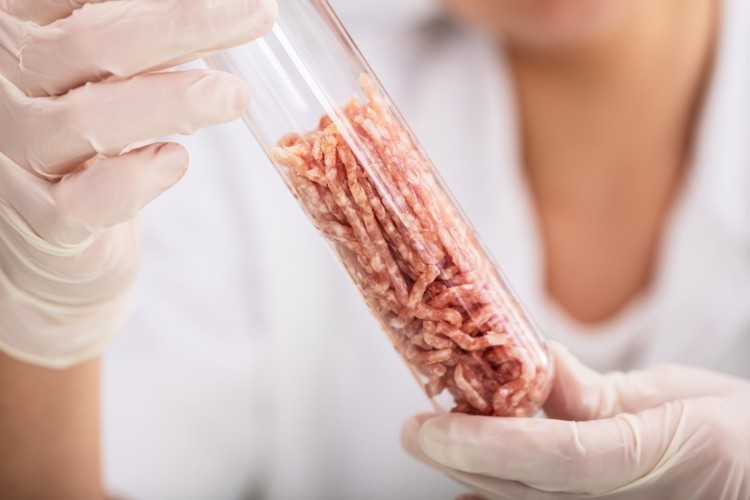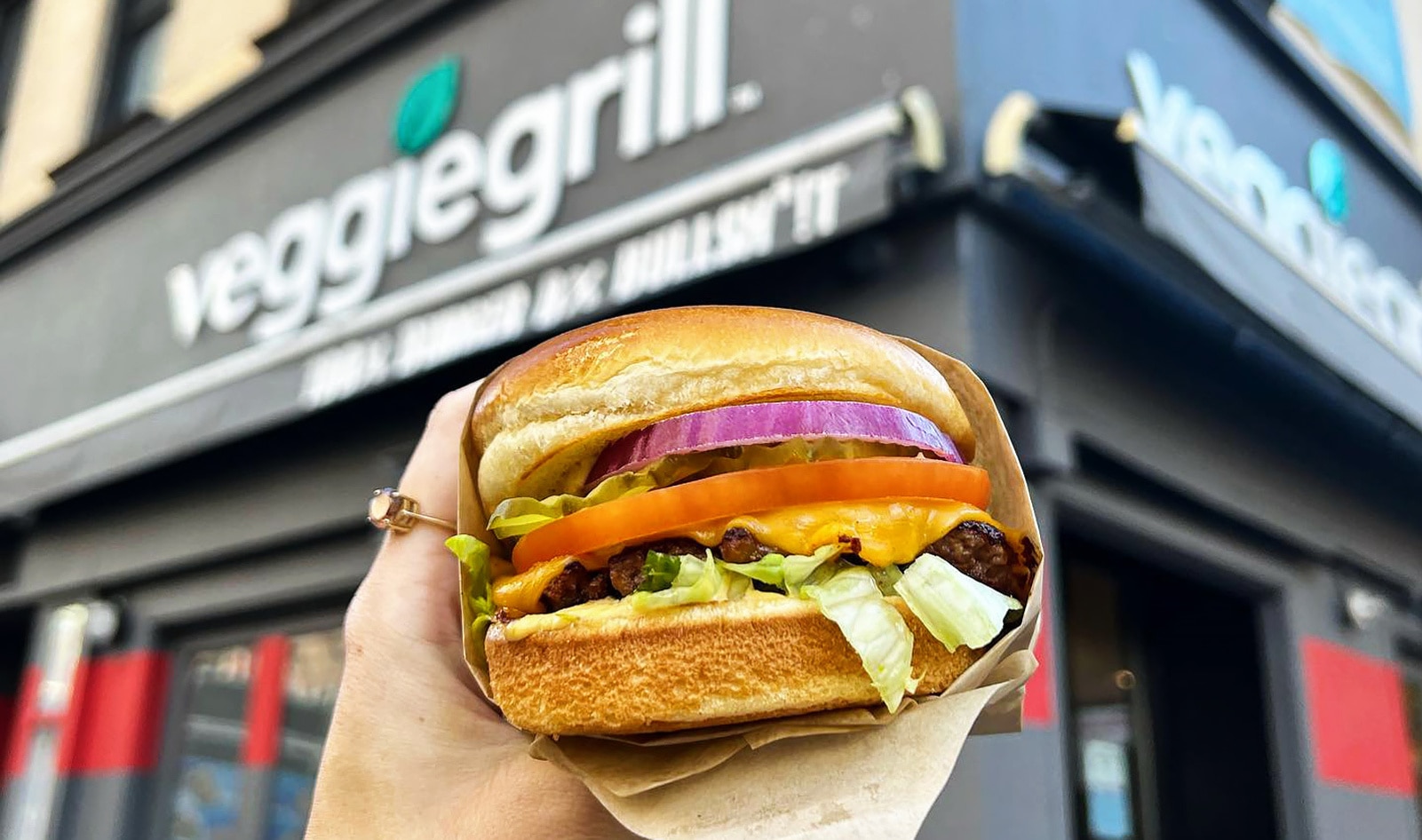By Sylvain Charlebois
Cultivated chicken products approved in the U.S.; Canada’s supply management system could stall their introduction here.
A significant milestone has recently been achieved in cellular agriculture, with the United States Department of Agriculture (USDA) granting regulatory approval to GOOD Meat and UPSIDE Foods for the commercial distribution of their cultivated chicken products within the country.

Cultivated meat, also known as cultured meat, refers to meat-based products produced from animal cells cultured in a laboratory, offering a potential solution to the environmental and ethical challenges associated with traditional meat consumption.
However, the availability of cultured meat in the U.S. will initially be limited, as it will be introduced gradually, starting with a select few restaurants. Mass commercialization is projected to be more than a decade away, but the disruptive nature of this technology is undeniable and will become more apparent over time. Moreover, cultured meat has the potential to be more cost-effective compared to conventional chicken.
The advantages of producing meat in a controlled, sterile environment are substantial. Risks associated with conventional meat production, such as avian flu outbreaks – which recently caused the loss of over 70 million chickens in the U.S. and led to a significant increase in egg prices – that have severely impacted the poultry industry, would be mitigated.

Cultured meat also reduces the likelihood of product recalls due to salmonella contamination. Animal welfare concerns are minimized, although the use of stem cells derived from actual animals is still required. Furthermore, cultured meat production eliminates the need for the usual feed and water resources.
** Click here to read the full-text **








